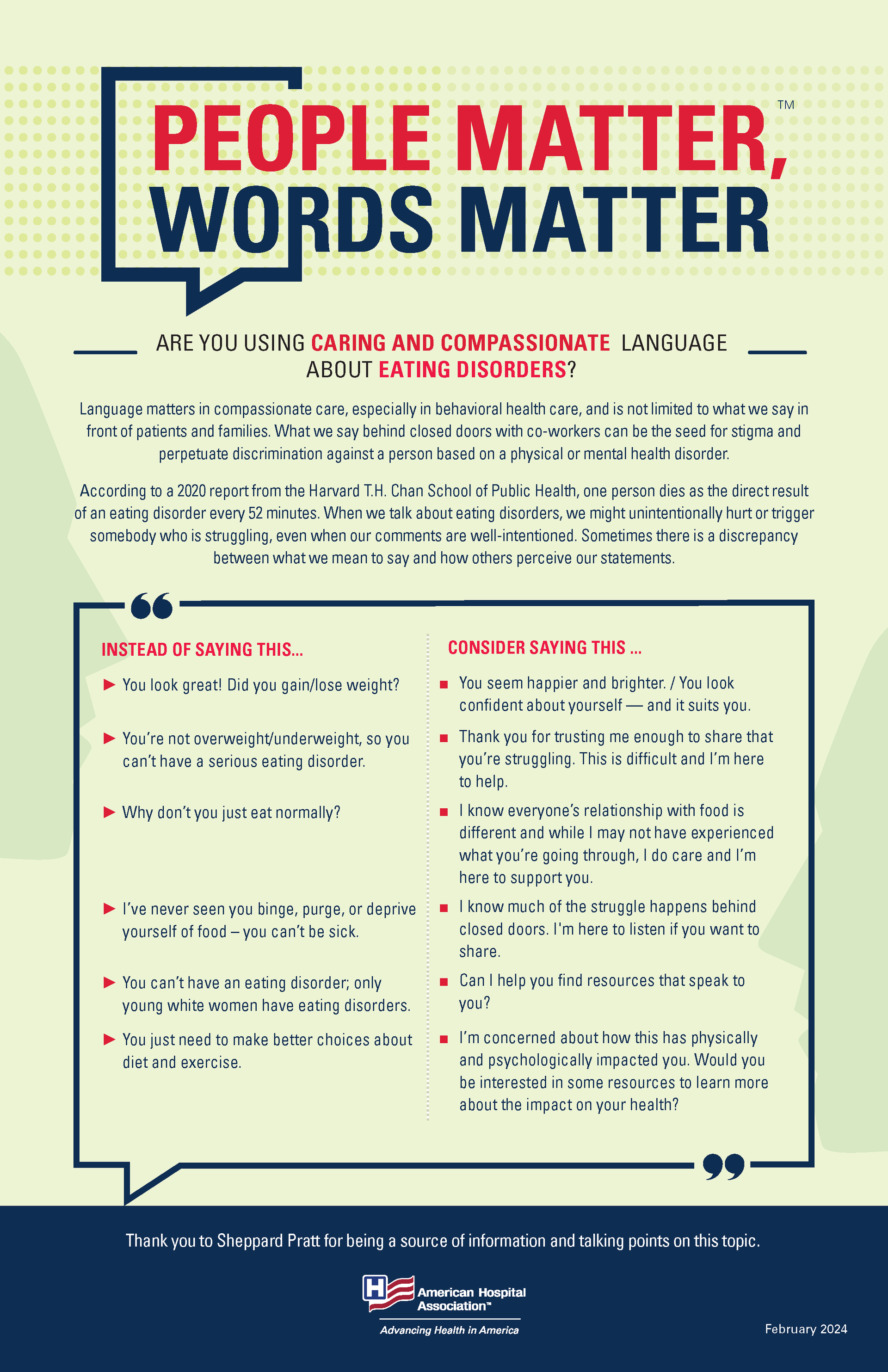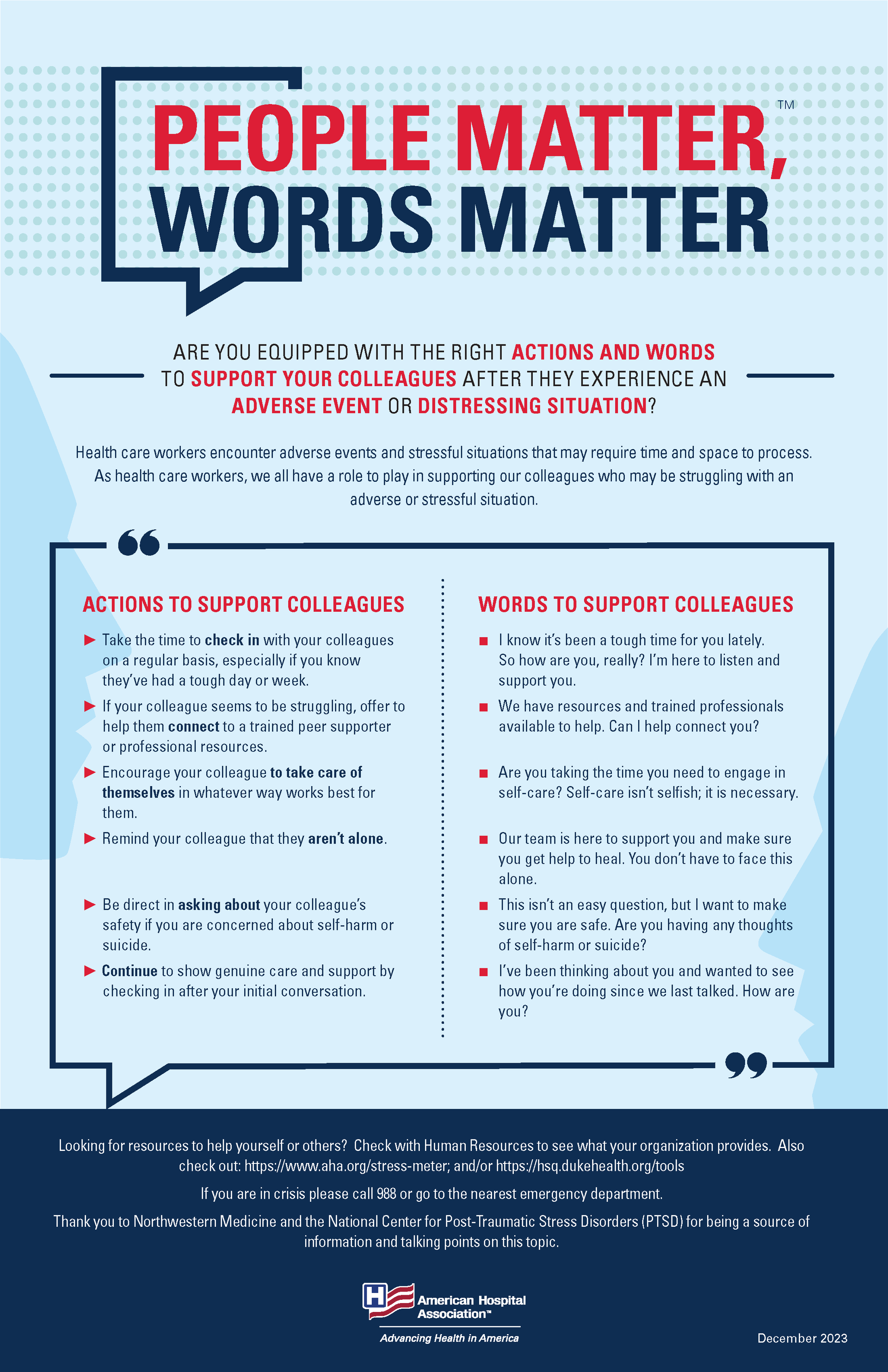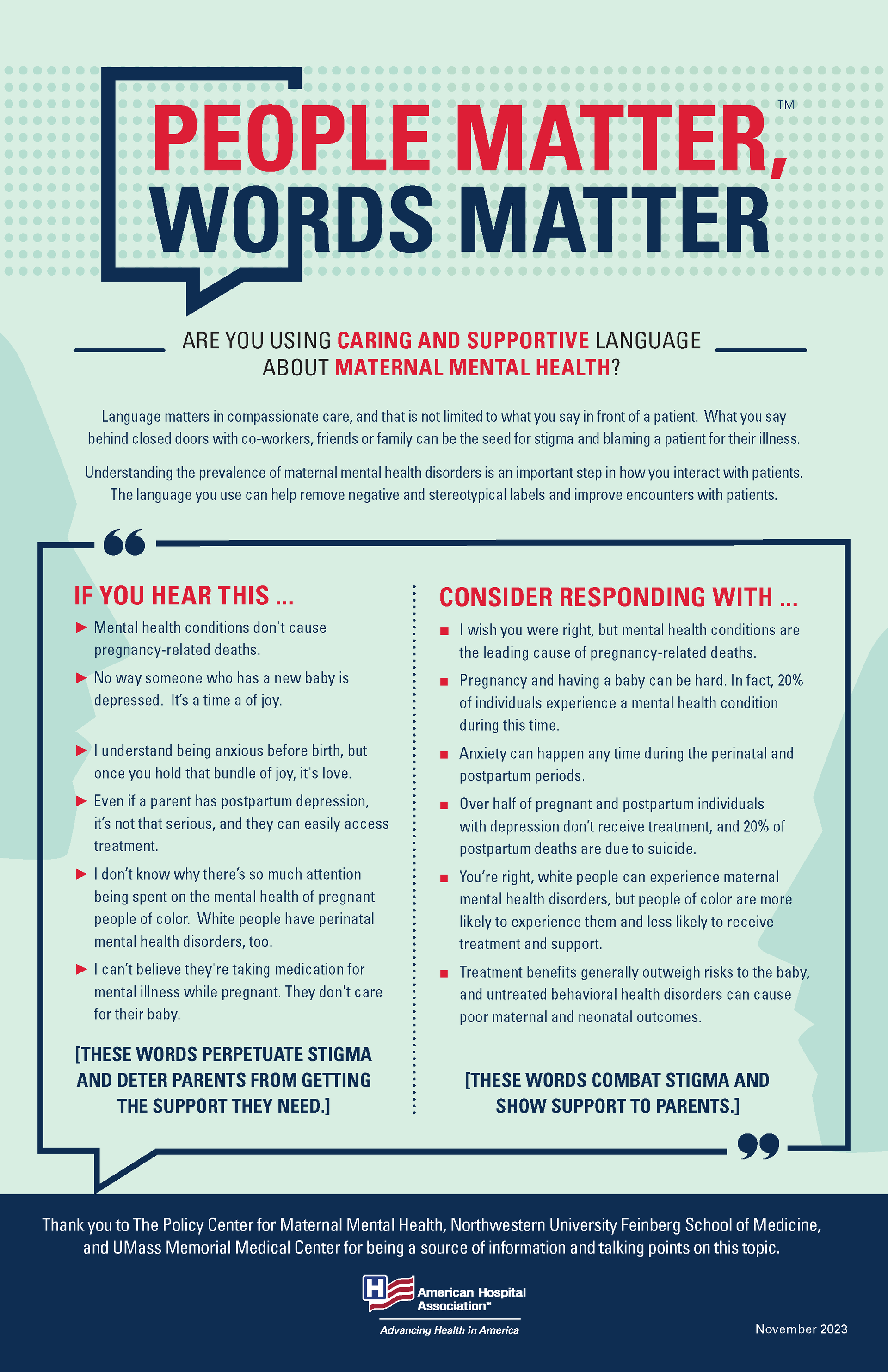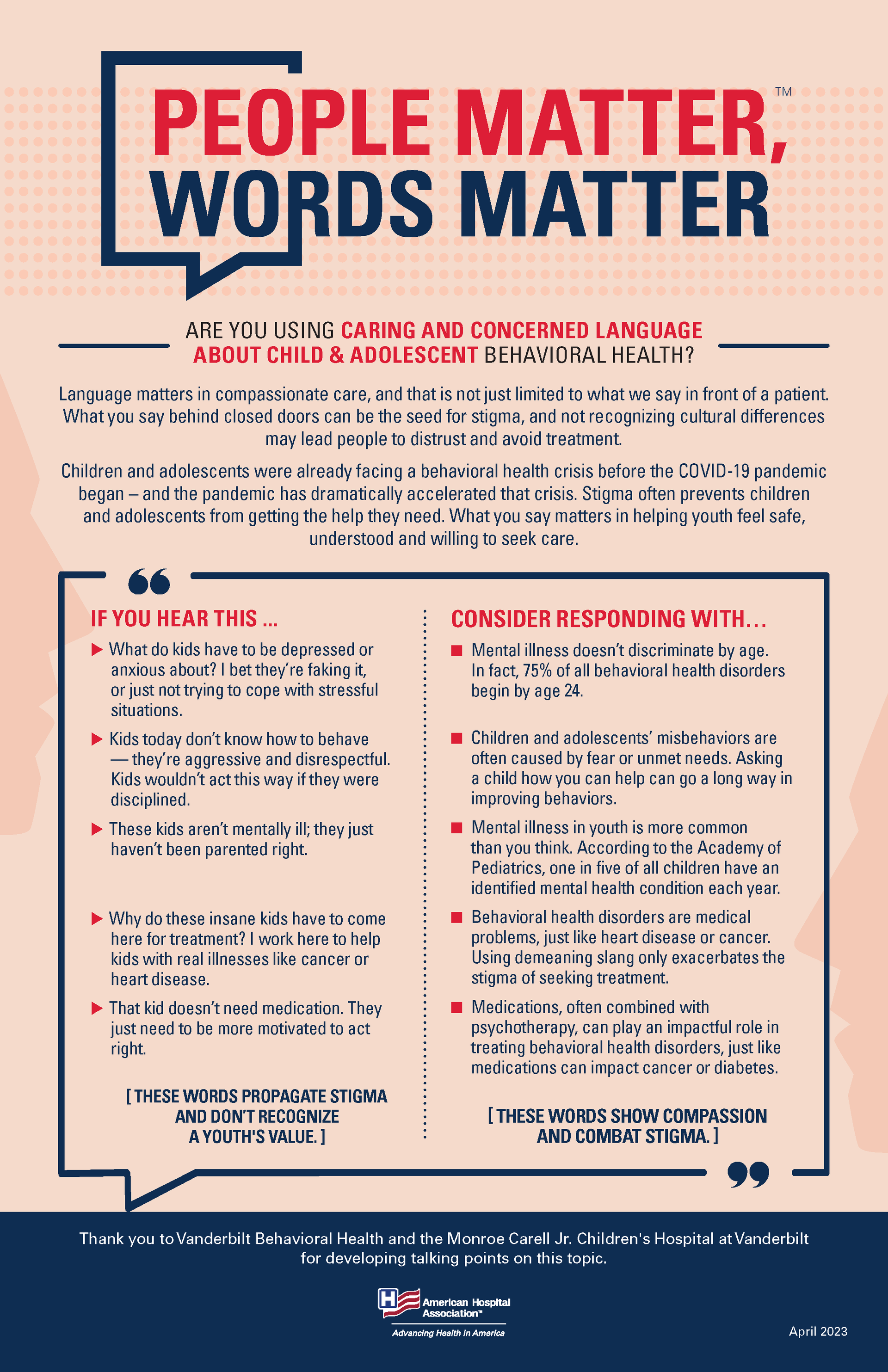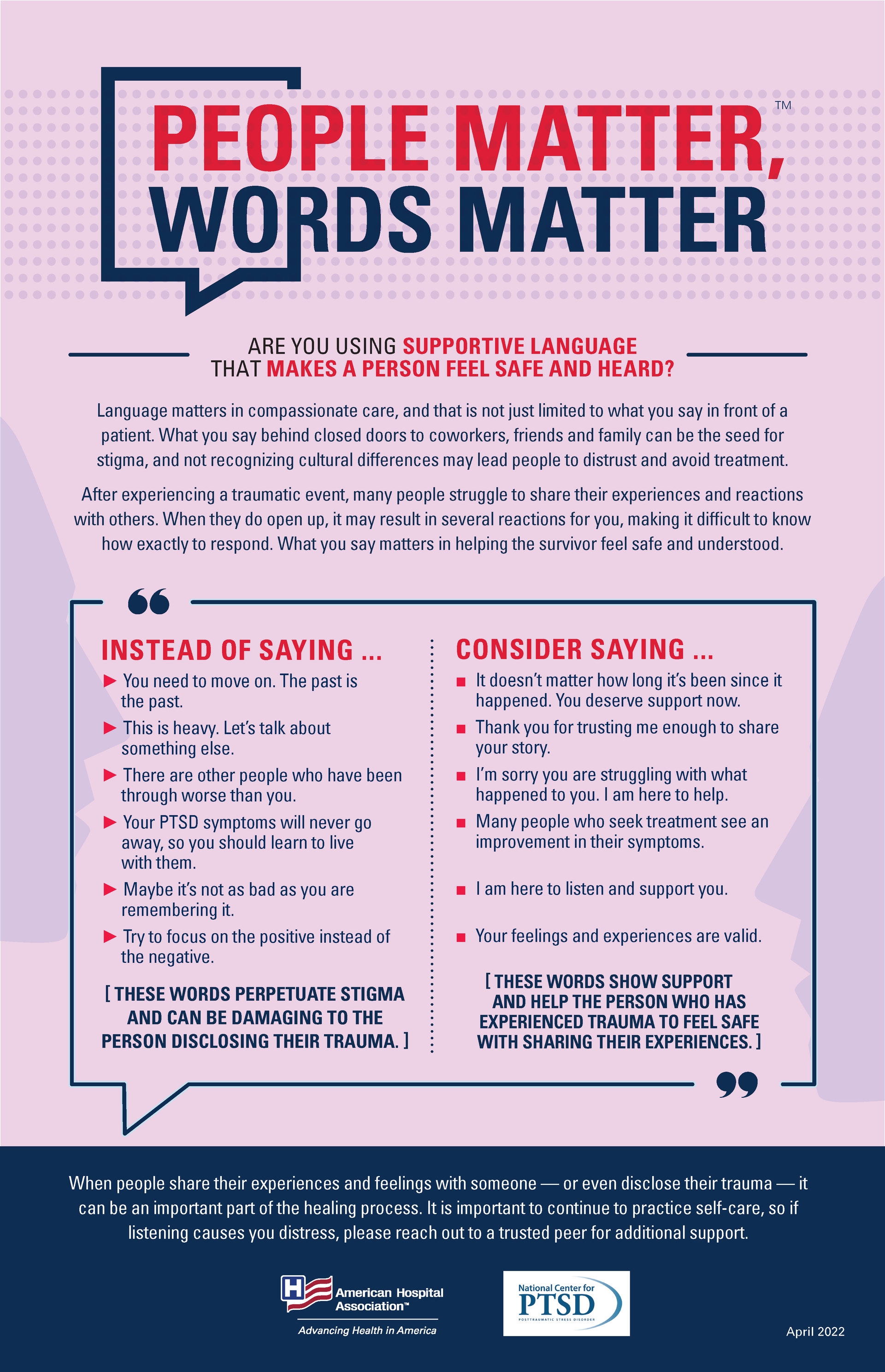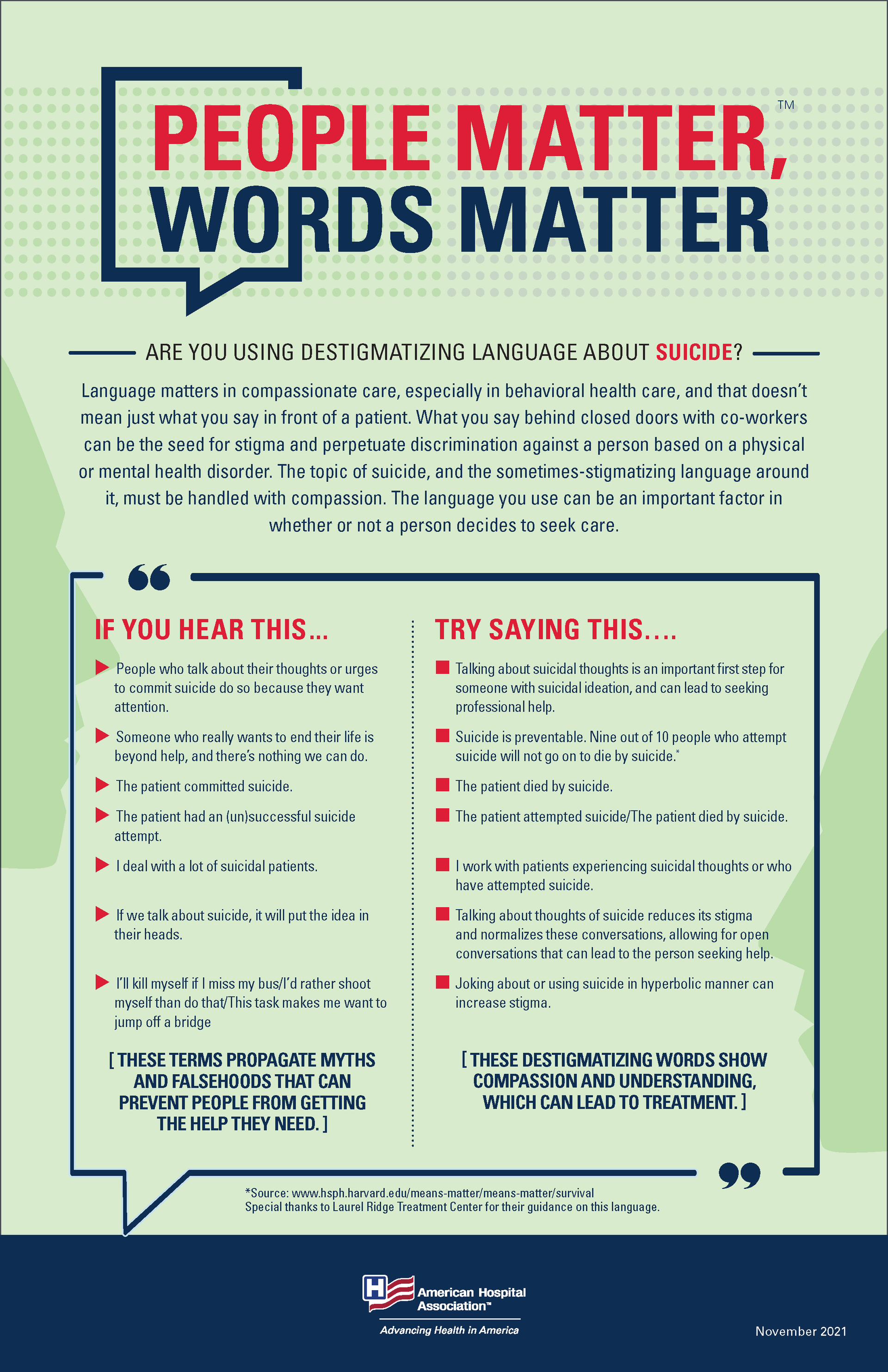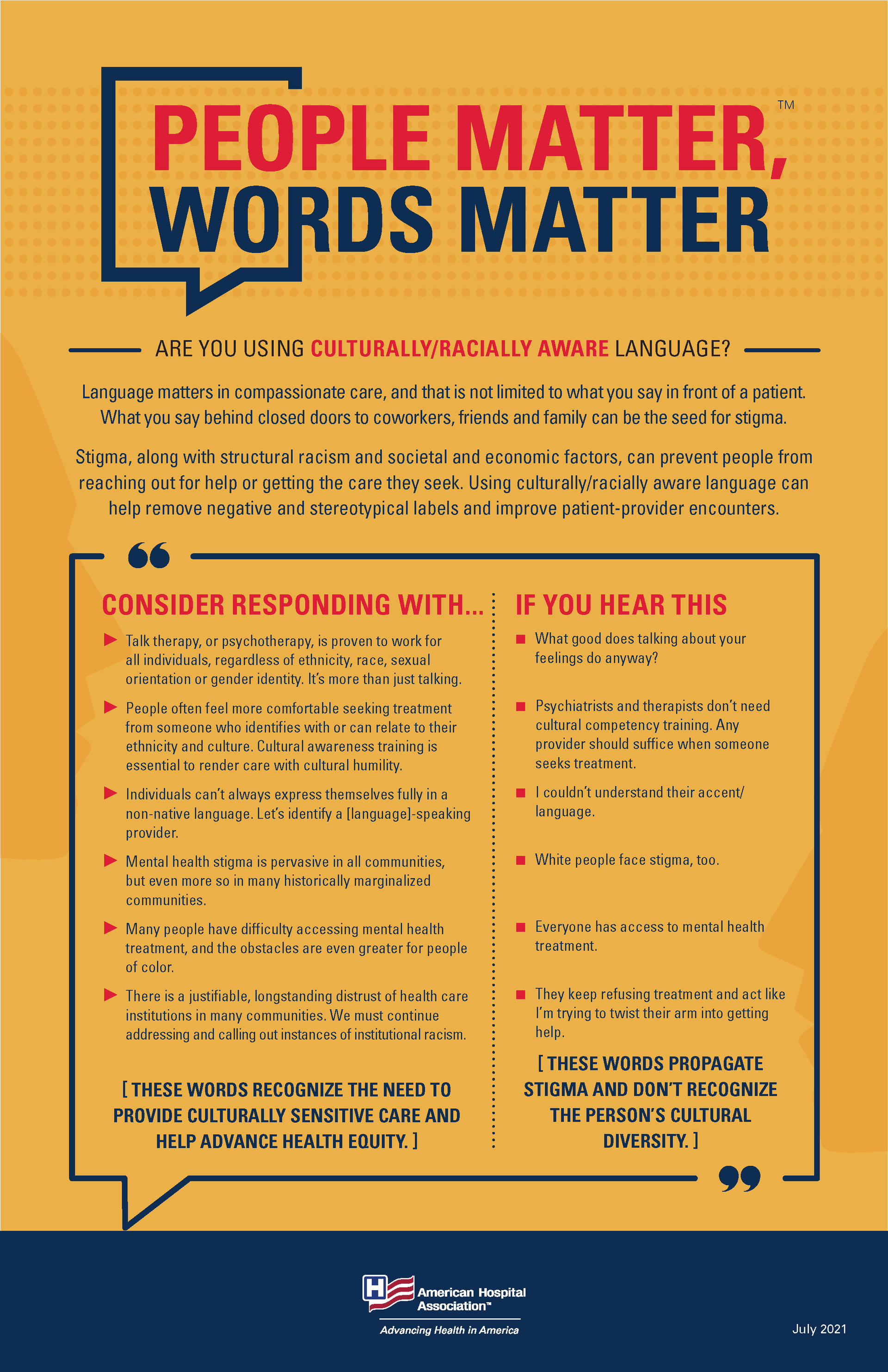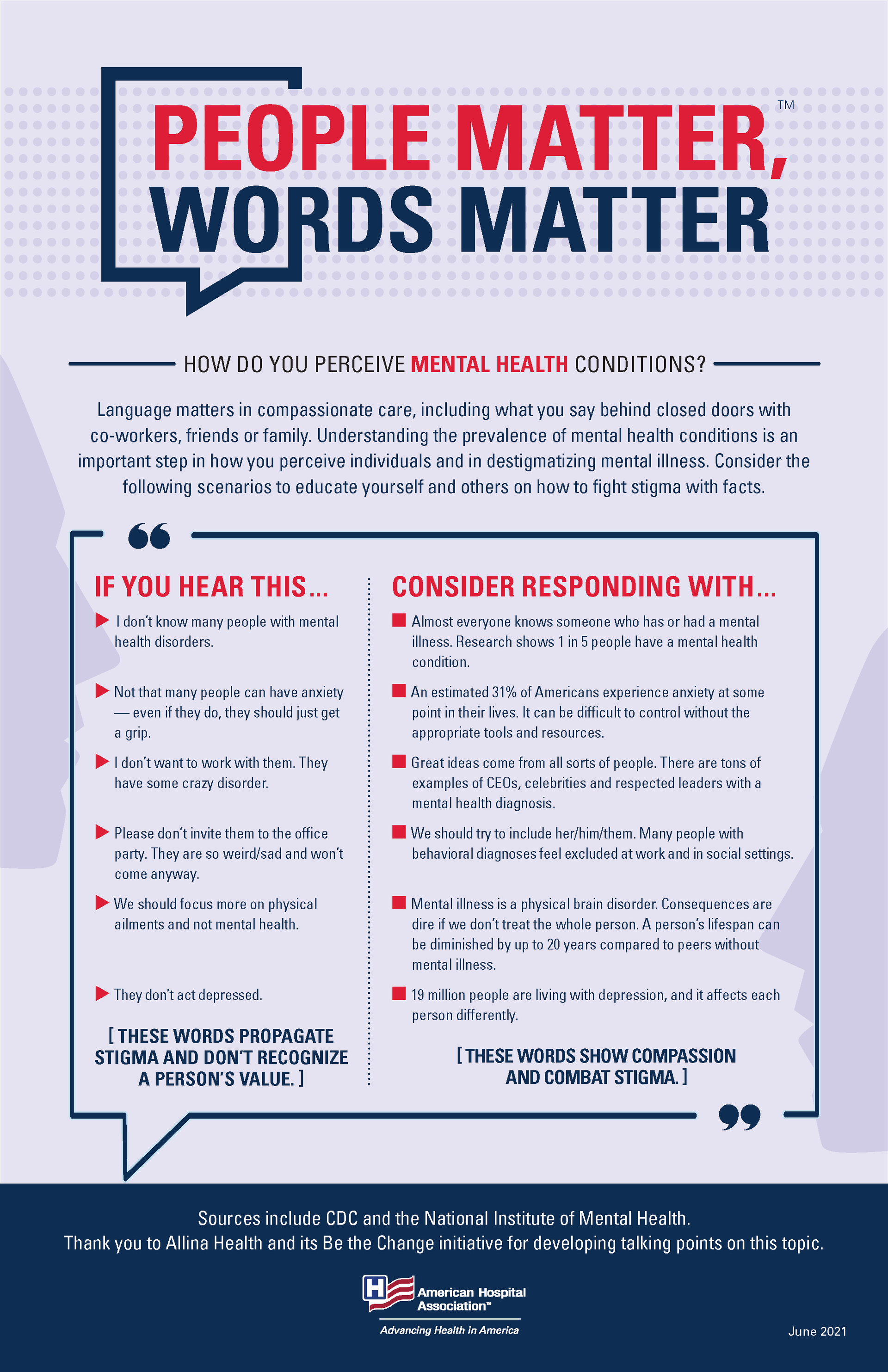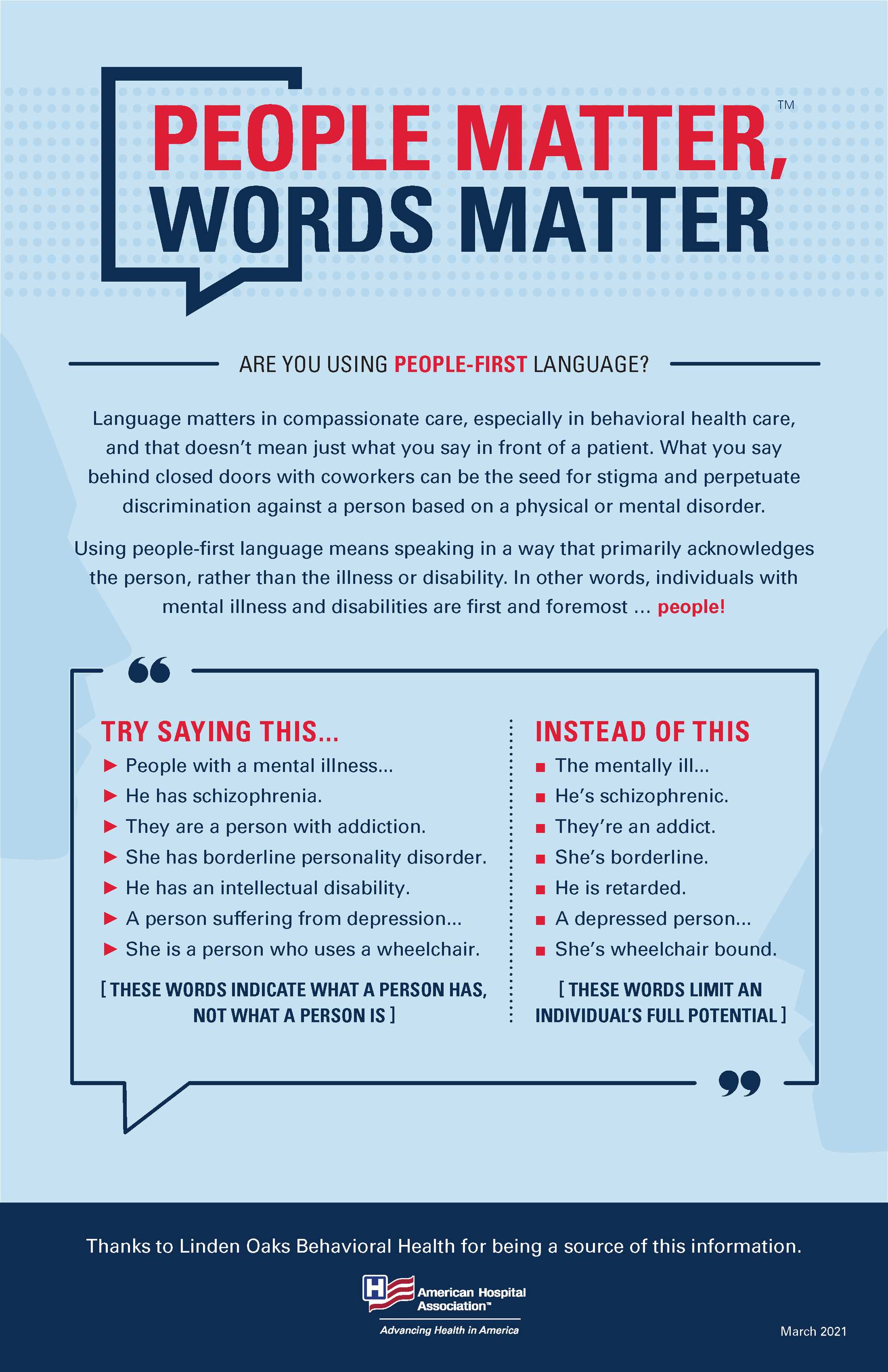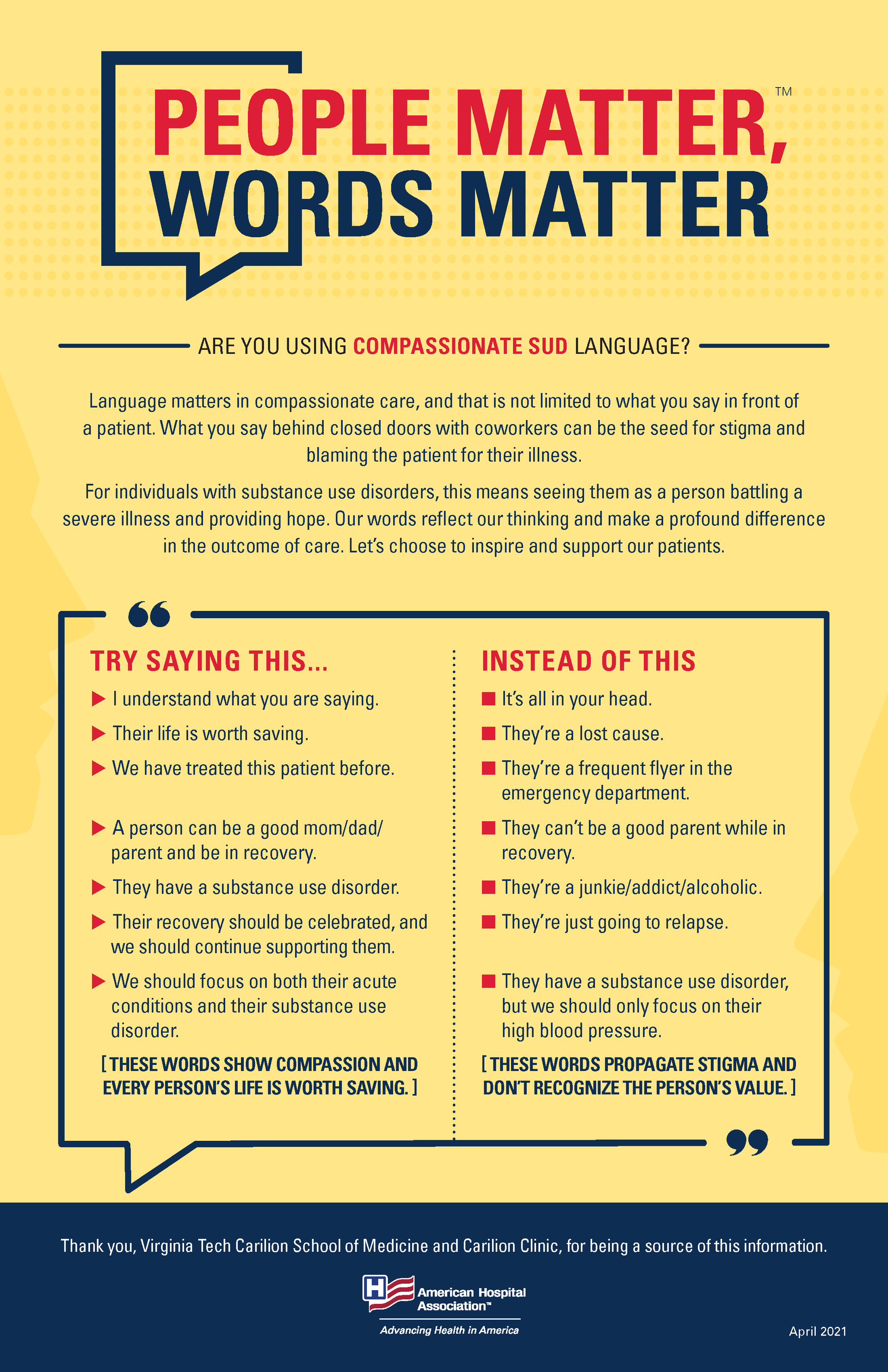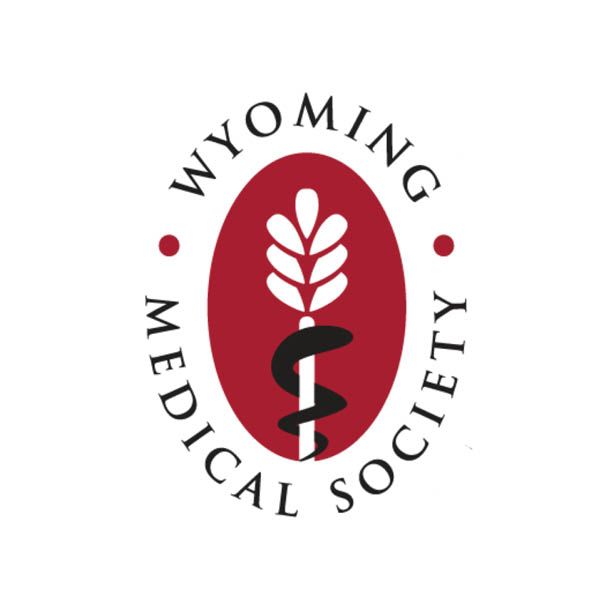December 13, 2024
What's the best way to protect kids’ skin from sunburn? Sheilagh M. Maguiness, MD, FAAD, FAAP As a pediatric dermatologist, I know how important it is to protect children's delicate skin from the sun's harsh rays. As the mom of two boys, I also know how challenging it can be to slather sunscreen on squirmy kids every two hours. It helps to know that sunscreen is only one of several tools you can use together to prevent burns on all those wonderfully sunny summer days. Cover up for UV protection Sun protective clothing, for example, is another way to help protect against sunburn . Especially for younger children, it can be easier to keep them covered than to rely on getting the right amount of sunscreen on their skin—especially when they're outside for long periods of time. There are many options today for lightweight sun protection factor (SPF) or ultraviolet protection factor (UPF) hats, shirts, pants and swimsuits. Most are rated UPF 50. When you don't have access to sun protection clothes, dress your child in clothing made with a tight weave. These will protect them better than clothes with a looser weave, which won't block as many rays. If you're not sure how tight a fabric's weave is, hold it up to see how much light shines through. The less light, the better. For hats, pick one with a 3-inch brim all around to shield the face, ears and back of the neck. And once your child is about 6 months old, sunglasses can help protect their eyes from the sun. Look for youth-sized sunglasses with at least 99% UV protection. Peak sunlight hours & when to seek shade When the UV index is highest, between 11 a.m. and 4 p.m., try to find shade under a tree, an umbrella or the stroller canopy. It is especially important to keep babies younger than 6 months out of direct sunlight as much as you can. You can also check the UV index on your smartphone to help you decide how much sun protection is needed. Just open your weather app and scan for the UV index number, if it is 3 or higher you and your children need full sun protection. If your older kids complain, tell them they can break out their two piece or remove their sun shirt/rash guard early in the morning or after 4 p.m. when the index is lower. Don't forget that skin can burn even on cloudy days, since up to 80% of the sun's UV rays can get through the clouds. UV rays can also bounce back from water, sand, snow and concrete, so make sure your child is protected when it's overcast, too. What to know about sunscreen Over the past few years there has been a lot of new information and even some controversy surrounding sunscreen ingredients. There have also been large consumer recalls of sunscreens due to contamination concerns. All this has led a lot of parents to question what the safest options are. Mineral sunscreens I generally recommend that parents choose sunscreens that contain zinc oxide and titanium dioxide. These are well-known mineral ingredients that are generally recognized as safe and effective (GRASE) by the U.S. Food & Drug Administration. They are broad-spectrum, meaning they block both UVA and UVB rays and are a great choice for children and babies. Zinc oxide and titanium dioxide should be clearly listed on the label as "active ingredients." A zinc oxide-based sunscreen, 20% or higher would give great protection for those exposed areas on babies and children—adults too! Stick, lotion, cream or spray sunscreen? For babies and toddlers , the mineral stick sunscreens containing at least 20% zinc oxide are a wonderful choice. Sunscreen in stick form is easy and hassle-free for parents to swipe the stick on the face and hands (and don't forget the ears and the neck, since those areas often get missed!). This is a less messy way to apply the sunscreen and there's no liquid or lotion to run into the baby's eyes and cause irritation. For older children , a mineral-based cream or lotion, again with 15-20% zinc oxide, is a great option. There are many out on the market now that will rub in nicely, but some will still have a whitish cast. This can be an issue, particularly for anyone with skin of color. Luckily, companies are offering tinted versions for face that can offset that ghost-like appearance. I also recommend choosing a formula that is fragrance-free and hypoallergenic, to avoid possible skin irritation. As for sprays , this is where things can get complicated. Sunscreen sprays are most often made with the chemical ingredients (read more below). They also contain propellant chemicals, which are irritating and should not be inhaled by babies and children. There was a large recall of various sunscreens due to contamination issues in the summer of 2021. The majority of them were sprays. I view this as another reason to choose a zinc oxide cream when in doubt. Any type of sunscreen is better than none For exposed skin on sunny days, using any sunscreen is better than none. However, recent studies have shown that some of the common chemicals found in sunscreens (such as oxybenzone, avobenzone, homosalate and several others) can be absorbed through the skin and found in the blood and body fluids after even one application. This led the FDA to make some changes to sunscreens they accept as GRASE. The FDA's reasoning is that many of the chemical sunscreen ingredients could use more data to address the potential effects of being absorbed. However, this all must be balanced with the risk of getting a sunburn, since even one severe sunburn increases a child's risk for skin cancer later on. How much sunscreen to use Consider that it takes a full ounce (picture a full shot glass) of sunscreen to fully cover an adult's body. That's about two milligrams of sunscreen per square centimeter of skin. Small children may only need about half that amount, but it can be a challenge for them to stay still long enough for you to apply a good layer. Stick sunscreen can be easier to use on areas like the face. With your help, they may even want to "draw" it on. How often do you need to reapply sunscreen? No matter what type of sunscreen you use, reapply it every couple of hours and after swimming. You should do this even if the label says "waterproof," because there are no truly waterproof sunscreen formulas. Remember Roughly a quarter of lifetime sun exposure happens during childhood and adolescence. Kids spend a lot of time outdoors, especially in the summer, so it's important to build sun-safe habits that don't take away from the fun of outside play . If you have any questions about your child's skin, talk with your pediatrician. More information Sun Safety: Information for Parents About Sunburn and Sunscreen Skin Cancer: What Parents Need to Know Playing Outside: Why It's Important for Kids Sunburn: Treatment & Prevention Sheilagh M. Maguiness, MD, FAAD, FAAP Sheilagh M. Maguiness, MD, FAAD, FAAP , is a past American Academy of Pediatrics (AAP) Section on Dermatology Executive Committee member and Chair of the AAP Section on Dermatology Education Sub-Committee. She is a Professor of Dermatology and Pediatrics at the University of Minnesota. Last Updated 8/9/2024 Source American Academy of Pediatrics Section on Dermatology (Copyright © 2024) The information contained on this Web site should not be used as a substitute for the medical care and advice of your pediatrician. There may be variations in treatment that your pediatrician may recommend based on individual facts and circumstances.


